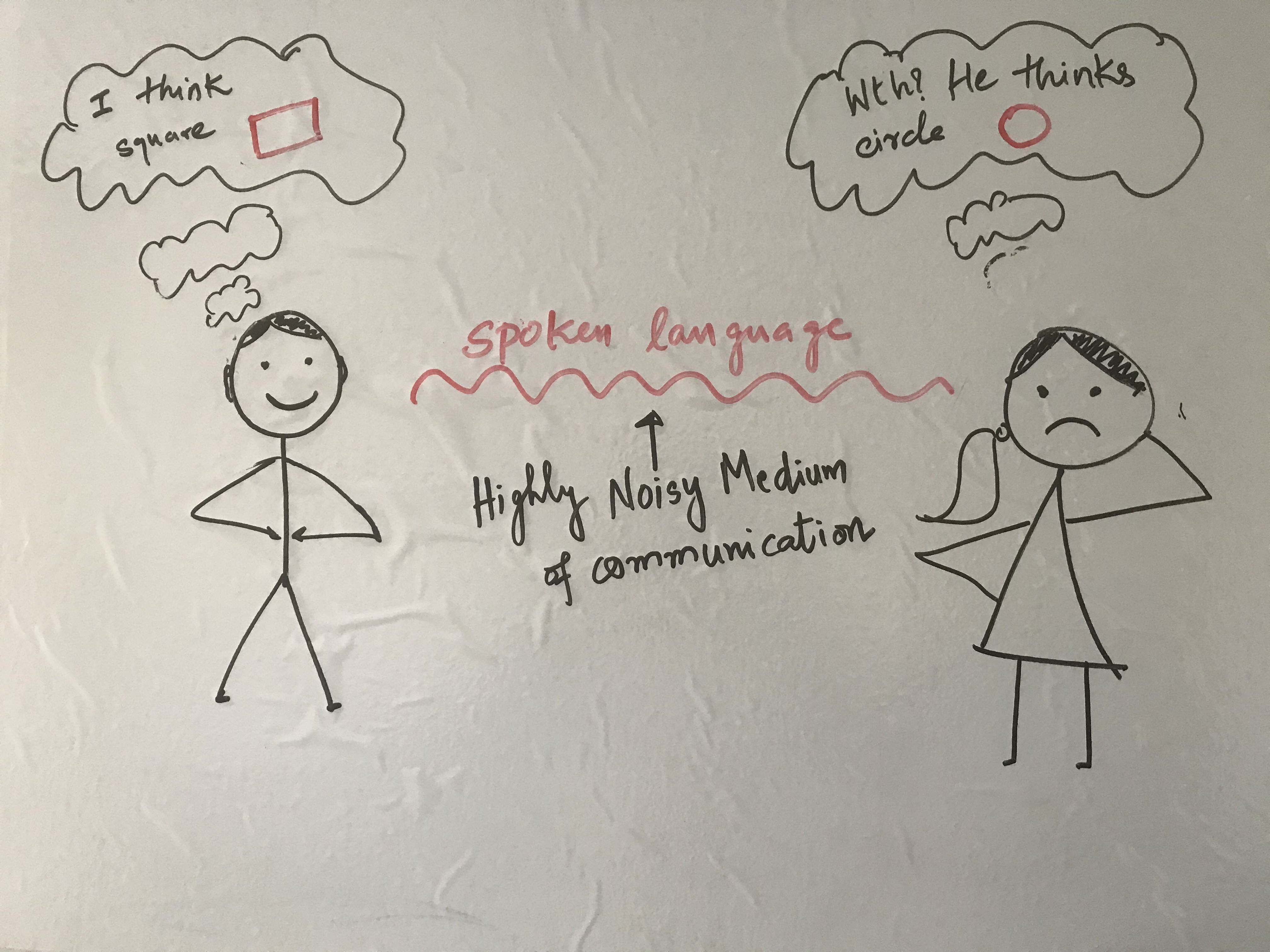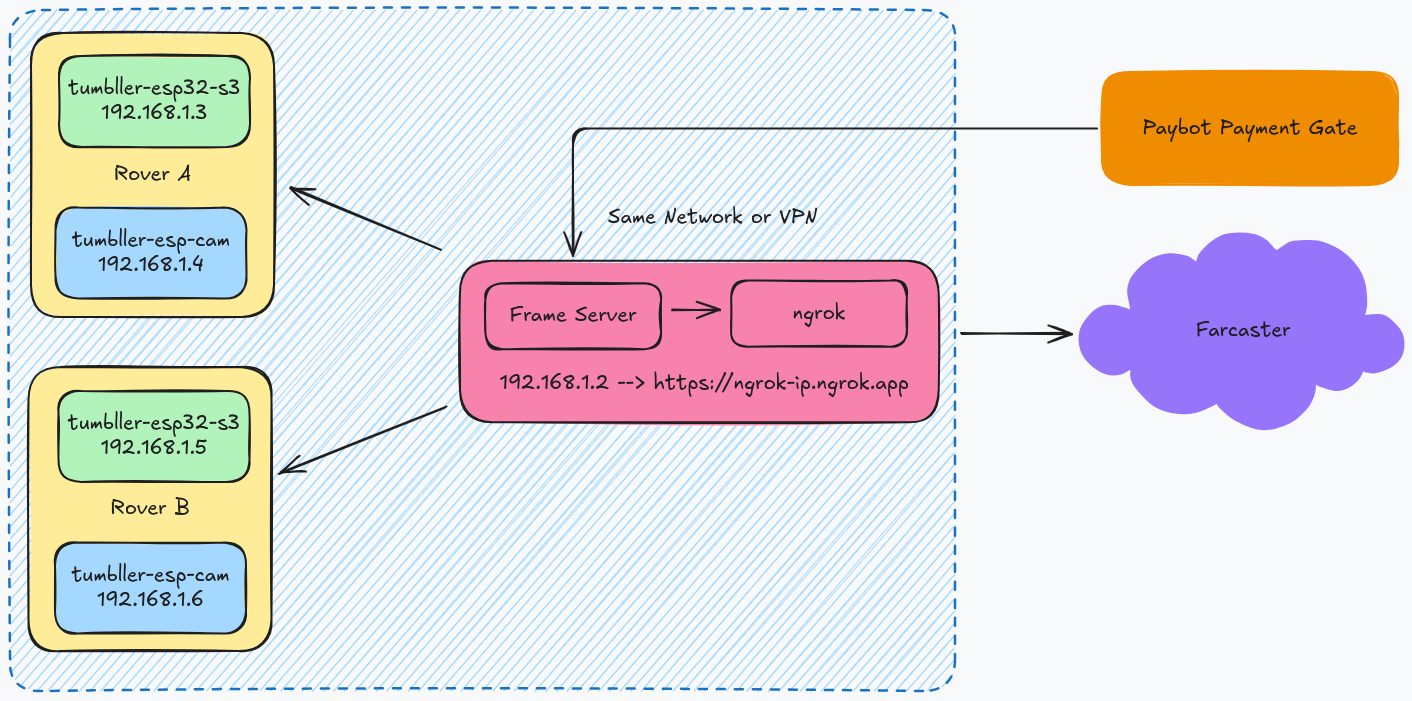Everyone counts differently
The human brain is an amazing machine. It has about 86 billion neurons out of which 16 billion are in the frontal cortex. This computing machine we all have, burns about 500 calories out of the 2000 calories we consume on a daily basis. What do we humans do with our energy consuming computing machine? We primarily use it for creating a model of the world around us to help us navigate it. Since we are social animals we use it to think about other people and their intentions. We think about abstract ideas, science, math, philosophy, and the meaning of life itself. We may do all this thinking not just for survival, but maybe because thinking might be enjoyable.
I have always found it interesting to know more about the ways in which people think about the world. This model of the world is a lot different in everyone’s mind. I used to think that once people have agreed verbally on something and come to a consensus it has the same representation inside the brains of the parties involved. But this seems to be not the case at all. Richard Feynman (one of my favorite thinkers) knew this really well. Here is him explaining that something as fundamental as counting can be done by our brain in multiple ways.
As Feynman explains, when two people communicate there is a transformation of information one frame of reference in the brain to another one. Now a lot of information is lost in this transformation. This is how picture the communication between two people.

Visakan Veerasamy has a good twitter thread regarding different world models in everyone’s head.
People typically have high-res models of their own lives and lower-res models of other people’s. We are all born clueless with incredibly low-res models of the world - then we tweak and upgrade our models. Different people do this to different degrees depending on many variables
— Visakan Veerasamy (@visakanv) May 22, 2018
If we all model the world differently and information is lost while talking to each other, then probably we all are watching a different movie about the the world around us despite watching it on the same screen. This seems like a recipe for eternal disagreements.
It is quite amazing that humans are able to collaborate on a large scale while thinking so differently from each other. The fact that we humans have built large scale societies, nations, multi-national billion dollar corporations in spite of these different mental models is something quite astonishing.

